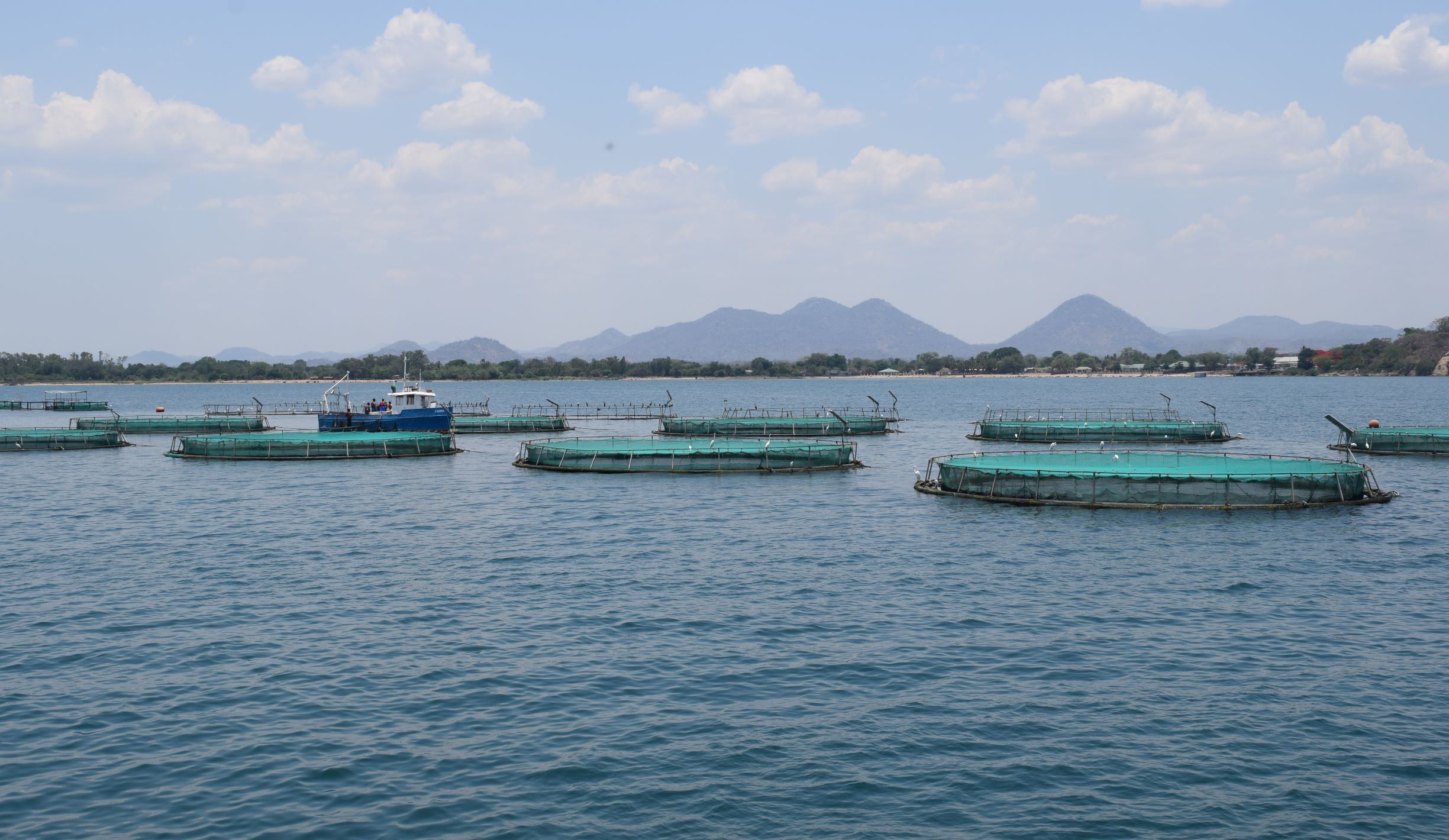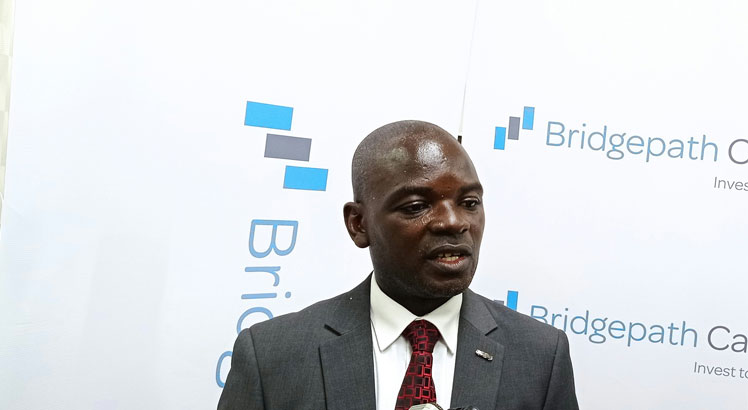Does everyone want open government?
On June 6 2023 the State President launched Malawi’s second National Action Plan (NAP) for Open Government Partnership (OGP). OGP is a model for good governance in which governments voluntarily seek to pursue reforms fo r t r a n s p a r e n c y a n d accountability by endorsing the OGP declaration, creating national action plans in collaboration with civil society and reporting progress through Independent Repor ting Mechanism (IRM). In a way the OGP can be considered among several other instruments that Malawi has ratified in pursuit of good governance.
As the OGP process suggests, any government that intends to join the partnership must primarily meet all eligibility criteria which include issues such as the government’s standing on fiscal transparency, access to information and public officers’ declaration of assets. The government must also demonstrate an interest to subscribe to the principles of Open Government, meaning that the government finds value in being transparent and accountable to its citizens and the civil society.
We can therefore safely assume that the decisions and actions by our government to resuscitate its participation in OGP is a demonstration of a genuine interest to manage public matters in a manner that is characterised by proactive and unrestrained openness. It is a commitment that demands that all public institutions and relevant stakeholders, especially those that form part of the newly launched NAP, must be reconfigured to be in sync with the OGP order. It is a commitment that demands embracing transparency and accountability as duties and obligations owed to Malawians at any time without excuses.
As expected, based on the guidelines from OGP, the newly launched National Action Plan contains very bold and ambitious commitments and some, I may say, sound so daring and overly idealistic and hence casting a bleak shadow of doubt on whether they will be achieved at all. For instance, the NAP makes a commitment to fight corruption by introducing p r o v i s i o n s i n p u b l i c procurement that shall require bids to contain beneficial ownership information. We must contend that this indeed is an important requirement in dealing with unfair competition and other procurement malpractices but will almost be miraculous to be achieved by 2025!
S e c o n d l y, t h e N A P commits to promote access to information especially about sources of financing for political parties. Again, this is a beautiful, bold and ambitious proposal but considering Malawi’s political landscape, the commitment falls on shaky assumptions and we may not be any closer to knowing sources of political party financing, come 2025! For starters, the Office of Registrar of Political Parties has not yet been established to oversee matters of compliance with the law that requires that political parties must disclose their sources of funding.
There is no doubt that the people who developed the present NAP do realise the importance of open government principles especially in view of Malawi’s present development needs and what is foreseen in long-term development agenda such as the Malawi 2063 Vision. What is also obviously clear is that as a country we are either too polite or too naïve to the realities of our social and economic configuration that we can be too hopeful or optimistic as seen in some of the commitments made for our OGP NAP.
Therefore, while I join the rest of people wishing our government successful implementation of the National Action Plan for Open Government Partnership, I will hesitate to celebrate the boldness and level of ambition expressed in its expected outcomes. I will hesitate to believe especially when I realise that it will not be easy, for instance, to generate a comprehensive and credible beneficial ownership registry just as it will almost be impossible to know everyone that sponsors political parties in Malawi!
Therefore, while it is well-meaning and hence a welcome initiative, implementation of the OGP NAP will not be the easiest because it seemingly assumes that openness is what everyone wants.





